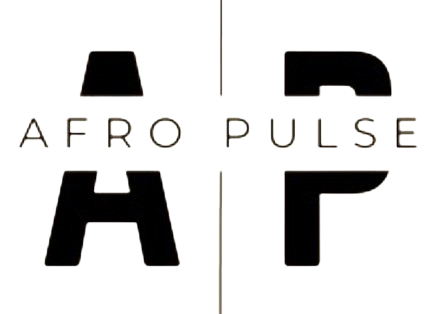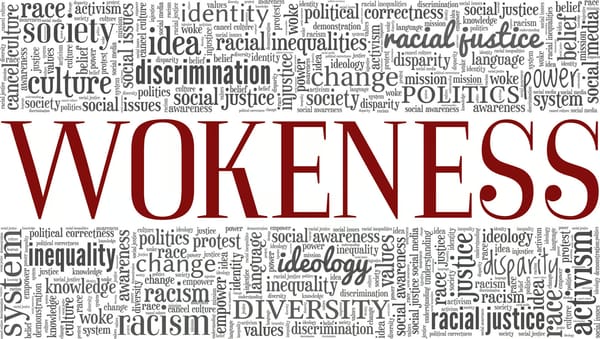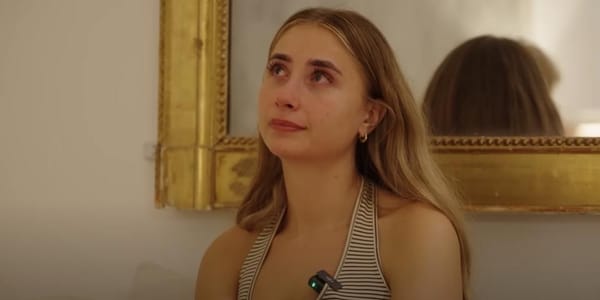Becky With The Good Hair

Hair is more than just hair — especially in the Black community. It’s identity. It’s culture. It’s history. But let’s be real for a moment: it’s also big business. In fact, the Black hair care industry is valued at billions of dollars, with Black women accounting for a significant share of the spending. Yet, beneath the wigs, weaves, and edge control, there’s a harder truth to confront: Is this industry thriving because of black women’s insecurities?
Let’s dive into it.
A Billion-Dollar Empire
The Black hair care market is massive, with sales for wigs, extensions, relaxers, and natural hair products raking in billions annually. According to a 2018 Nielsen report, Black consumers spent $54 million on ethnic hair and beauty products that year alone — accounting for 85.7% of all spending in the category. Additionally, Black consumers spent $473 million on hair care within the broader beauty industry, which is valued at $4.2 billion annually.
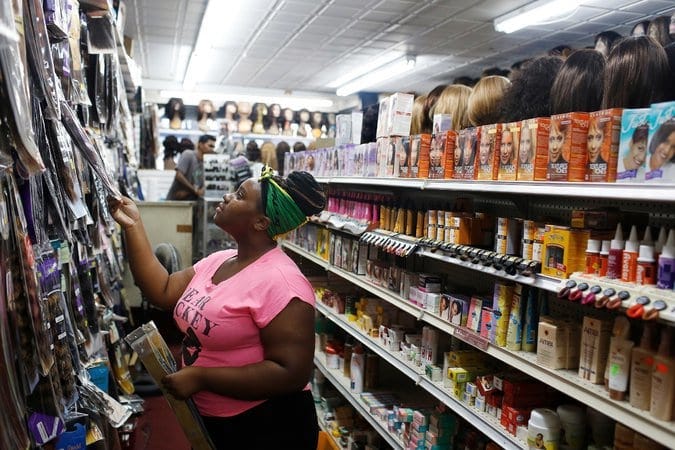
But here’s the kicker: much of this money doesn’t stay within the Black community. The majority of hair supply stores are owned by non-Black individuals, and the brands that dominate the shelves often aren’t Black-owned either. While some entrepreneurs are reclaiming space in the industry (think Mielle Organics or The Lip Bar), the overwhelming bulk of profits is funneled elsewhere.
The Roots of Hair Politics
For centuries, Black women’s hair has been policed, judged, and politicized. From enslavement to modern-day microaggressions in the workplace, the pressure to “tame” Black hair has always been present.
The Eurocentric Beauty Standard
Let’s call it what it is: Black women have been conditioned to see straight, silky hair as the gold standard of beauty. For decades, relaxers dominated the market, promising “manageable” hair. This wasn’t just about convenience — it was about survival in a world where natural kinks and curls were seen as unprofessional, unruly, or even unattractive.
The message was clear: Fit the mold, or face rejection.
The Insecurity Pipeline
What fuels this billion-dollar industry is more than just fashion trends or convenience. It’s insecurity — an unspoken fear of not being “enough.”
1. The Need to Conform
Whether it’s for a job interview or a date, many Black women feel immense pressure to conform to Eurocentric beauty standards. That pressure often leads to expensive hairstyles, relaxers, or wigs designed to “blend in.”
2. The Social Media Effect
Let’s not forget the role Instagram, TikTok, and YouTube play. Scrolling through endless photos of women with waist-length weaves and baby hairs laid to perfection can leave anyone feeling inadequate. Filters and Facetune only amplify the insecurity.
3. Product Overload
The rise of the natural hair movement was supposed to empower Black women to embrace their natural textures. And to some extent, it has. But even within the natural hair space, there’s a new problem: product overload. From curl creams to leave-in conditioners, Black women are bombarded with messaging that their hair is only beautiful if it’s defined, shiny, and frizz-free.
Translation: You’re still not good enough without this product.
Is It About Choice or Pressure?
Here’s the part where it gets complicated. For many Black women, wearing a wig or getting box braids isn’t about insecurity — it’s about choice. It’s a way to express creativity, protect natural hair, or simply switch things up.
But we have to ask: How much of that choice is truly free? If societal pressure didn’t exist — if Black women weren’t told their natural hair was “unprofessional” or “difficult” — would they still spend thousands on bundles and styling tools?
The Financial Toll
Let’s talk numbers. Maintaining a “polished” look doesn’t come cheap. Between trips to the salon, bundles of hair, and the countless products crowding bathroom counters, the cost adds up.
- A high-quality wig can cost $200–$500, sometimes more.
- Regular braiding appointments? $150–$300 per session depending on style and location.
- Natural hair products? Easily $50+ per month for shampoos, conditioners, and styling products.
Over a lifetime, Black women can spend tens of thousands of dollars on their hair — money that could be invested elsewhere.
Who Really Benefits?
Here’s the hard truth: While Black women are the biggest spenders in the hair care industry, they often aren’t the biggest beneficiaries.
- Hair Supply Stores: Many are owned by non-Black individuals, particularly within the Korean community.
- Major Hair Brands: Legacy companies like L’Oréal, Procter & Gamble, and Unilever dominate the market, even within the “ethnic” hair aisle.
- Labor Costs: Many braiders and stylists work without licenses, meaning they often lack access to protections, fair pay, or benefits.
This isn’t just about money — it’s about who holds the power in an industry built on Black culture.
Breaking Free from the Cycle
So, how can black women (and the black community at large) reclaim the narrative? How do we ensure that Black women’s hair choices are rooted in empowerment rather than insecurity?
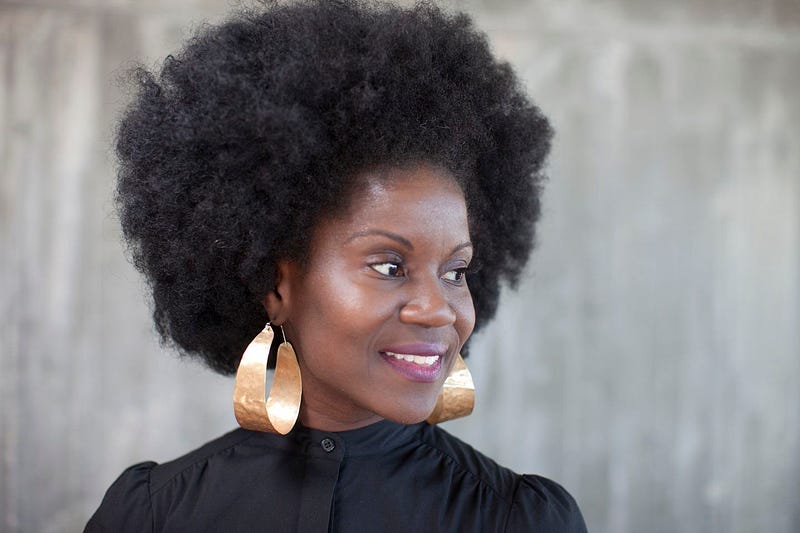
1. Normalize Natural Hair
From schools to offices, we need to dismantle the idea that natural hair is unkempt or unprofessional. This includes supporting policies like the CROWN Act, which bans hair discrimination.
2. Support Black-Owned Brands
Put your money where it matters. Brands like Mielle Organics, Camille Rose, and TGIN are Black-owned and prioritize the needs of Black hair.
3. Redefine Beauty Standards
Representation matters. Seeing more Black women rocking natural styles in media, fashion, and politics can help shift perceptions of beauty.
Conclusion: Loving Your Hair Without Limits
The Black hair industry isn’t inherently bad — it’s creative, innovative, and deeply tied to culture. But we have to acknowledge the ways it’s been shaped by societal pressures and insecurities.
At the end of the day, hair is personal. Whether you rock an Afro, wear a 30-inch wig, or opt for box braids, the goal should be self-expression, not self-doubt.
It’s time for black women to ask themselves: Are we wearing our hair for us, or for the world? If it’s the latter, maybe it’s time to redefine the relationship we have with our hair — and with ourselves.
What do you think?
